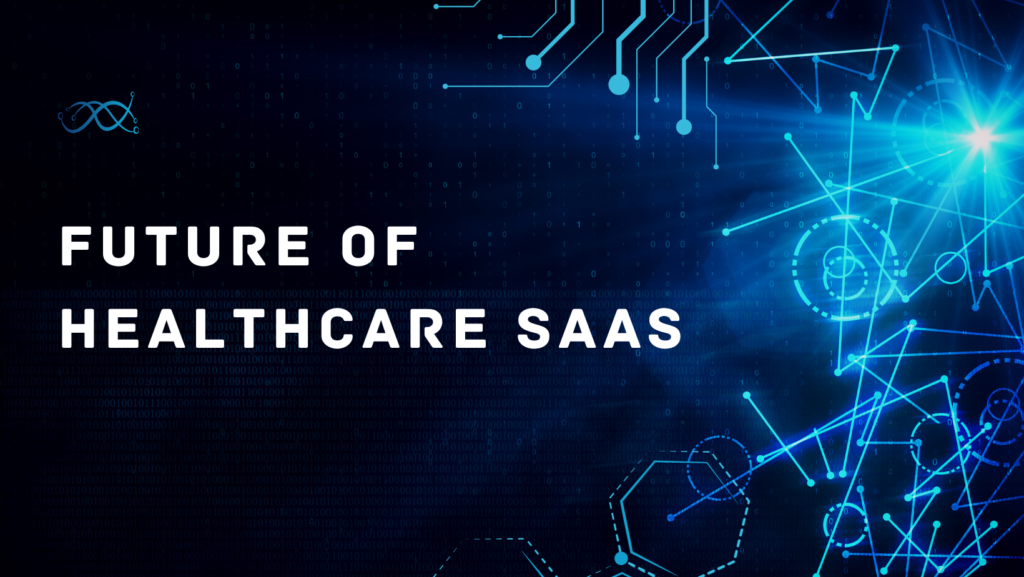Transforming the Industry for Patients and Providers
Artificial intelligence (AI) is rapidly transforming industries across the globe, and healthcare is no exception. From automating administrative tasks to powering cutting-edge diagnostics, AI offers a multitude of potential benefits for both patients and healthcare providers. While ethical considerations and challenges remain, the positive impact of AI in healthcare is undeniable. Let’s explore the top 5 benefits it brings to the table:
1. Enhanced Diagnostic Accuracy and Efficiency:
AI algorithms can analyze vast amounts of medical data, including images, medical records, and genetic information, with unparalleled speed and accuracy. This allows for earlier detection of diseases, like cancer or even heart conditions, at a stage when interventions are most effective.
Studies suggest AI-powered tools can outperform human doctors in specific tasks like identifying cancer in mammograms or analyzing skin lesions for melanoma. This can provide valuable second opinions and support doctors in making critical decisions.
2. Personalized Medicine and Treatment Plans:
AI can analyze individual patient data to create personalized treatment plans tailored to their unique needs and genetic makeup. This allows for more precise and effective therapies, reducing the risk of side effects and improving overall patient outcomes.
For example, AI can analyze tumor characteristics and predict how a patient might respond to specific cancer treatments, facilitating personalized therapy choices.
3. Improved Patient Engagement and Self-Management:
AI-powered chatbots and virtual assistants can provide patients with 24/7 access to information, answer questions, and even offer basic symptom analysis. This empowers patients to become more actively involved in managing their health.
AI-powered apps can track health data like blood sugar levels or activity levels, providing patients with real-time insights and personalized recommendations for managing chronic conditions.
4. Streamlined Administrative Processes and Reduced Costs:
AI can automate repetitive tasks like scheduling appointments, transcribing medical records, and processing insurance claims. This frees up valuable time for healthcare professionals to focus on patient care and reduces administrative burdens.
AI can analyze healthcare data to identify areas for cost savings, such as optimizing resource allocation or preventing unnecessary hospital readmissions.
5. Drug Discovery and Development:
AI can analyze vast datasets of molecules and chemical compounds to discover new drugs and therapies at a much faster pace than traditional methods. This can accelerate the development of life-saving medications for various diseases.
AI can also personalize drug development by predicting how specific individuals might respond to different drug candidates, leading to more targeted and effective therapies.
Sarvesh pagare


